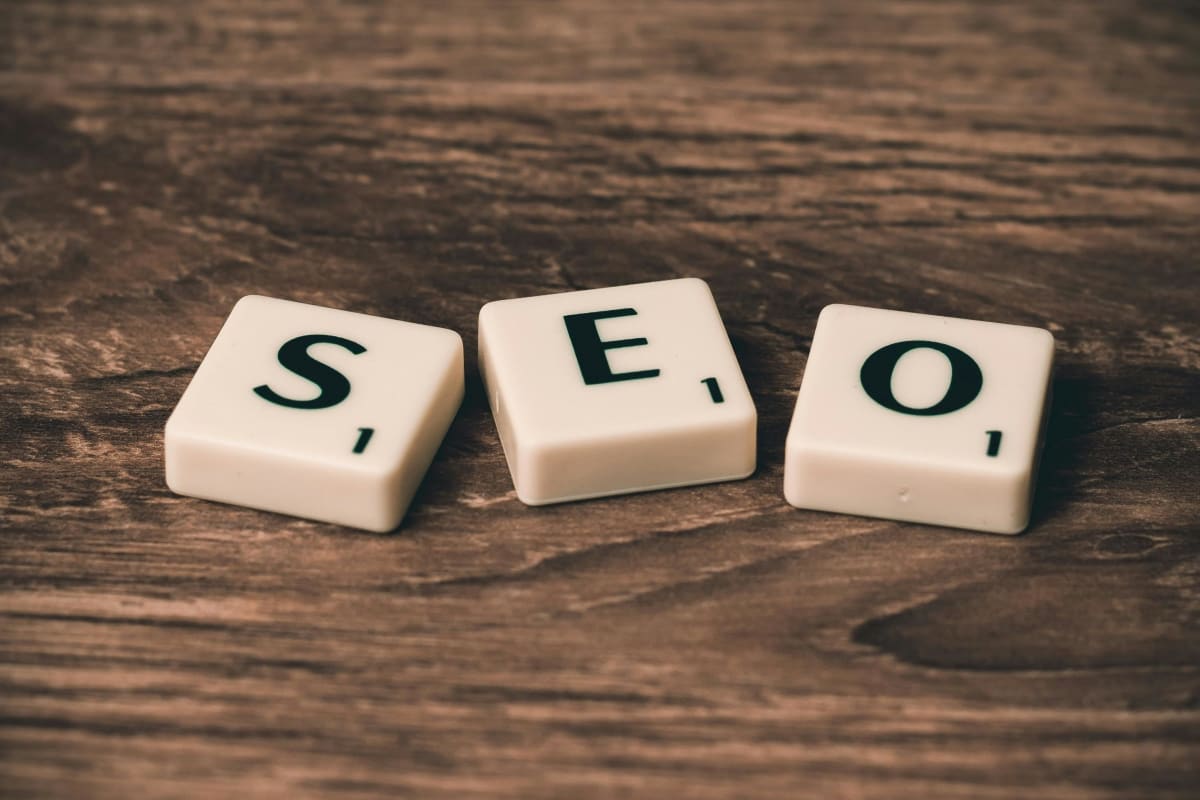Loading...
In this blog, we will explore the real power of branding, the difference between branding and marketing, how it has an impact on search engine visibility, and how going beyond the logo can build a str

When most people think of branding, the first thing that comes to mind is the logo—maybe a colorful logo or one that catches everyone's eyes. While a logo is essential, they are only part of the branding story. In today’s competitive market, branding is much more than a symbol or a tagline. Branding is the entire identity and personality of a business. Branding is the power that controls the customer’s mind about the brand.
In this blog, we will explore the real power of branding, the difference between branding and marketing, how it has an impact on search engine visibility, and how going beyond the logo can build a stronger, more memorable brand identity and support brand marketing strategy.
Branding is the process of creating a distinct and consistent image, voice, and experience that represents your business. It includes your visual identity, like logos, colors, themes, and typography, but it also involves
A lot of things could be your branding. Even a small word or a picture can be a piece of your brand marketing. Your service could be a branding too, how you serve your customer and how it differentiates you from your competitor matters. It makes your brand pop out from the others. For example, suppose you are thirsty and thinking about a water bottle. The company that comes to your mind after thinking of a water bottle is the company’s success in branding. Because you chose that company over many other water bottle companies. Branding is basically about identity and differentiation.
Many people confuse branding with marketing. Even the students who have studied marketing do that too. But these two serve different purposes and work together to drive business growth. With this blog, I am going to end the debate between branding and marketing.
Branding is about who you are. It defines your identity, mission, values, and voice. It’s the emotional and psychological relationship you have with your audience. Branding can be positive and negative. A positive branding creates a good image of that brand in the customer’s mind.
Marketing is about how you promote. According to Philip Kotler, “Marketing is the process by which companies engage customers, build strong customer relationships and create customer value in order to capture value from the customers in return.” It is the strategic actions you take to reach your audience and persuade them to take action, such as a social media campaign, email marketing, and advertising.
Let me give an example about marketing, you see a TV commercial where Coca-Cola shows happy people drinking Coke at a party with a catchy jingle. That’s Marketing – promoting the products to attract buyers.
When you think of Coca-Cola, you instantly picture the red logo, the classic glass bottle, and the feeling of happiness or sharing moments. That’s Branding – How the company stays in your mind and heart.
Without a solid brand marketing strategy, your marketing efforts may be inconsistent and less effective. For a deeper dive, read this helpful article on The Difference Between Branding and Marketing.
A logo might grab attention, but it is your full brand identity that keeps people coming back. Here’s how going beyond the logo makes your brand truly powerful –
1. Builds Trust and Credibility
A consistent and well-thought-out brand identity signals professionalism and reliability. Whether it is through your website development, packaging, social media, or customer service, consistency builds trust. For example, Nebs-IT creates custom websites with branding at the core of their design. Their consistent visual language, client-centric voice, and seamless user experience exemplify strong branding in the digital space.
2. Creates Emotional Connections
People don’t just buy products; they buy into experiences, values, and emotions. Strong Branding helps you to connect on a deeper level with your audience. Think of brands like Apple, Nike, or Dove – it is their message and mission, not just the logo, that resonates. “Red Bull Gives You Wings” is considered one of the most popular and memorable slogans in the world.
3. Boosts Recognition
While your logo might be the face of your brand, things like your tone of voice. Color scheme and overall style make it recognizable across platforms. This consistency increases your search engine visibility and helps customers remember you.
4. Differentiate Yourself from Competitors
In a crowded market, branding helps you stand out. Your unique voice, mission, and style create a distinct identity that can’t be copied – and that’s your competitive edge. A strong brand marketing strategy is essential for your success in the business world.
In the digital era, your online presence matters. Your online presence is your first impression. A well-crafted brand identity helps your business
SEO and Branding go hand in hand. A memorable brand encourages backlinks, increases click-through rates, and boosts brand searches – all of which are SEO ranking factors.
When users trust your brand, they are more likely to click, stay longer, and convert. This behavioral data tells search engines that your content is valuable, helping your ranking improve over time.

Let’s take a quick look at a few examples of companies that go beyond logos to build powerful brand identities:
Each of these brands has built a strong, emotionally resonant identity that customers recognize and trust – and it is not just because of their logos.
A logo may be the first thing people notice, but it’s the full branding experience that shapes how they feel about your business. When you go beyond the logo and build a consistent, emotionally resonant identity, you turn casual visitors into loyal fans.
Remember: People don’t fall in love with logos. They fall in love with brands that feel human, meaningful, and trustworthy.
For more tips, visit Nebs-IT blog or explore our services on how we help businesses to stand out through branding.
1. How does branding influence customer loyalty?
Ans: Branding builds trust and emotional connections with customers. It makes customers more likely to choose your business over competitors.
2. When should I rethink my branding?
Ans: When your business is evolving, your audience is changing, or your brand feels outdated.
3. Can a small business benefit from strong branding?
Ans: Yes! Even a small business can stand out and build credibility with consistent branding, helping it competes with larger brands.
4. Is branding only about visuals like logos and colors?
Ans: No, branding also includes voice, values, customer experience, and emotional appeal, shaping how people perceive your business.